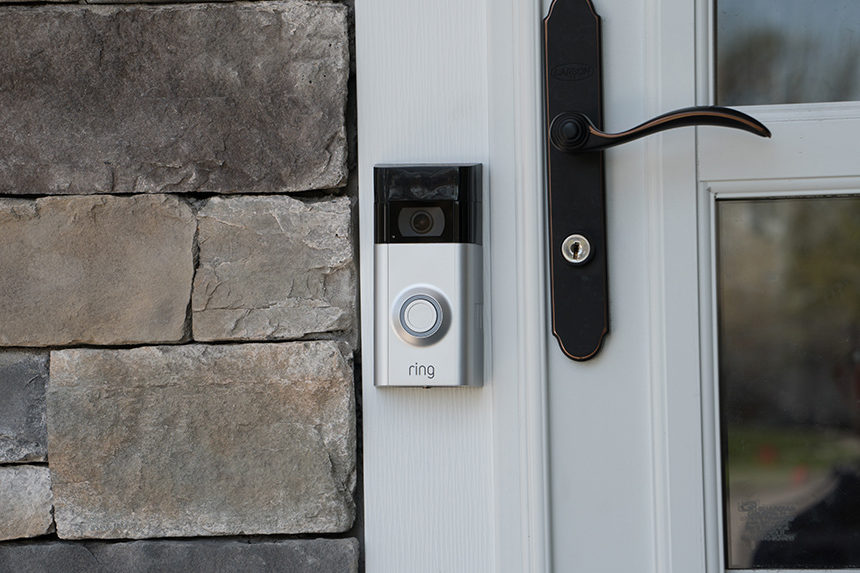Steve Weisman is a lawyer, college professor, author, and one of the country’s leading experts in cybersecurity, identity theft, and scams. See Steve’s other Con Watch articles.
Ring brand cameras are a popular home security device; however, they have recently received negative attention due to reports of the cameras being hacked. For instance, Ashley LeMay installed two Ring cameras last November to monitor her children while she worked. Surreal video footage of a hacker speaking to LeMay’s daughter has appeared throughout the media coverage of the incident. Now LeMay and others have filed lawsuits against Ring alleging that Ring products have defective security.
It’s not as bad as you think. It’s far worse.
As disturbing as this story is, the potential problems brought about by hacking security cameras or other home Internet-of-Things devices are far more worrisome. In many instances, if a hacker is able to gain access to one device that is part of the home’s WiFi network, they could also gain access to other connected devices, such as a computer containing personal financial information or, if the victim works from home, even corporate files.
In the case of many of the victims of Ring and other security camera hackings the problem does not appear to have been a flaw in the Ring security cameras, but most likely can be attributed to consumers failing to change the default password with which the Ring camera or other device came. These default passwords are readily available to hackers on the Dark Web.
Many hackers search the Internet for unsecured web cameras and baby monitors; if the factory setting username and password have not been changed, they gain easy access to these cameras.
Hackers have published the usernames and passwords of thousands of users of Ring cameras on the Dark Web, that part of the Internet where cybercriminals buy and sell goods and services. These usernames and passwords appear largely to have been obtained through data breaches. Compounding the problem is that many people make the mistake of using the same username and password for all of their accounts, putting all of their accounts in jeopardy.
How to Secure Your Ring Camera
- If you have a Ring camera, baby monitor, or home security camera, make sure that the camera and software are updated with the latest security software from the manufacturer.
- Make sure that your router, which connects all of your home devices to the Internet, is password protected and that you change the username and default password for each of your Internet-of-Things
- Don’t use the same password for all of your accounts. If one company suffers a data breach in which the hacked passwords became available to cybercriminals, then all of your accounts become vulnerable. You should have a unique, strong password for each of your online accounts.
Creating and remembering strong, unique passwords for each of your accounts is not as difficult as it may appear. You can start with a strong base password constructed from a phrase, such as IDon’tLikePasswords. Add a few symbols like !!! and then adapt it for each account you have so that you will have a secure and easy to remember password for each of your online accounts. Thus, your Ring password could be IDon’tLikePasswords!!!RING. Alternatively, you can also use one of the many password managers, such a Dashlane, Avira and Kaspersky that will generate and store secure passwords for you.
- Use dual factor authentication, which is where the company sends a one-time code to your cell phone that must be used to access your account. Even if a hacker has your password , they would not be able to access your account. Ring offers the option to use dual factor authentication. In response to these increasing incidents of Ring cameras being hacked, Ring has stated that it will soon be making dual factor authentication the default setting on all of its new devices rather than merely offering it as an option.
Featured image: BrandonKleinVideo / Shutterstock
Become a Saturday Evening Post member and enjoy unlimited access. Subscribe now



